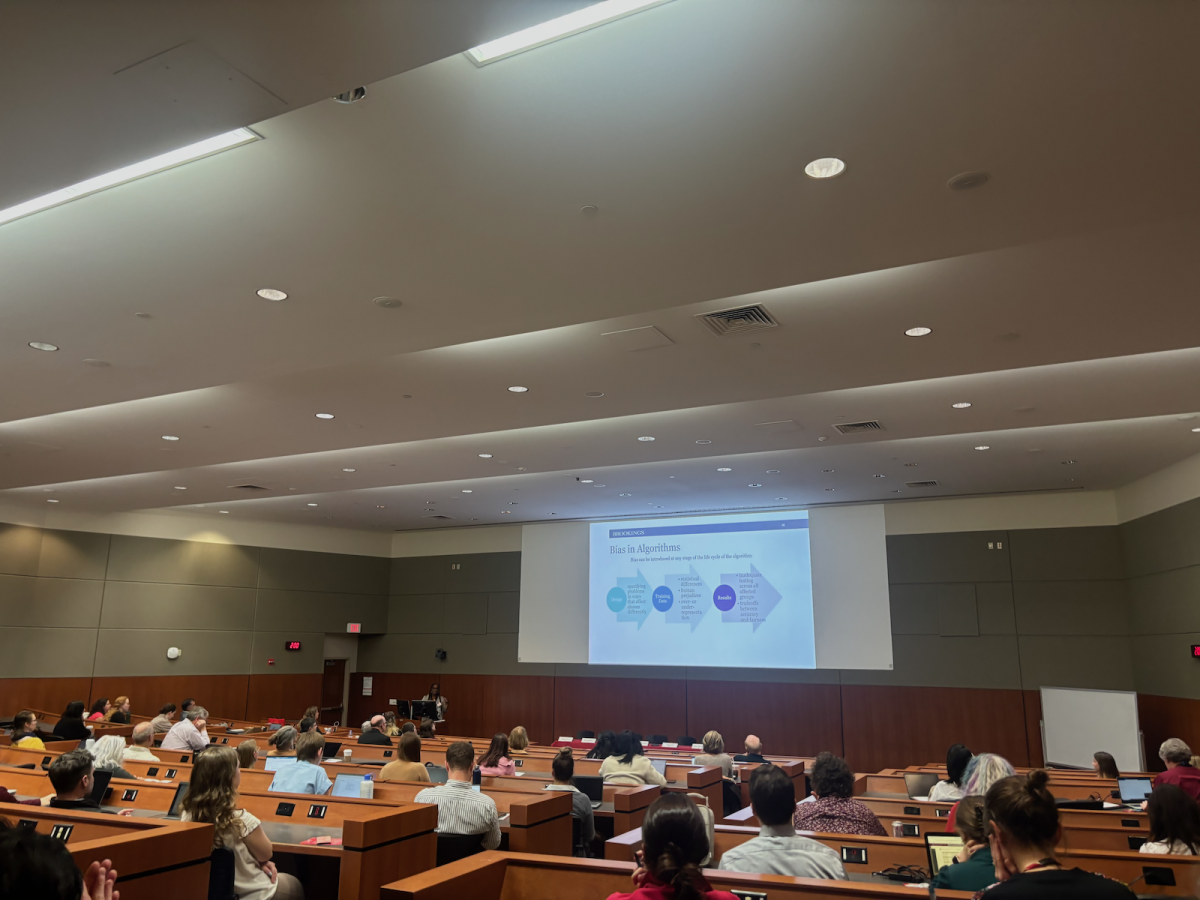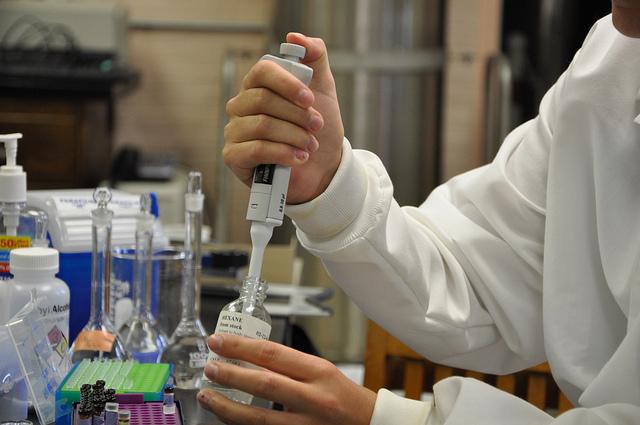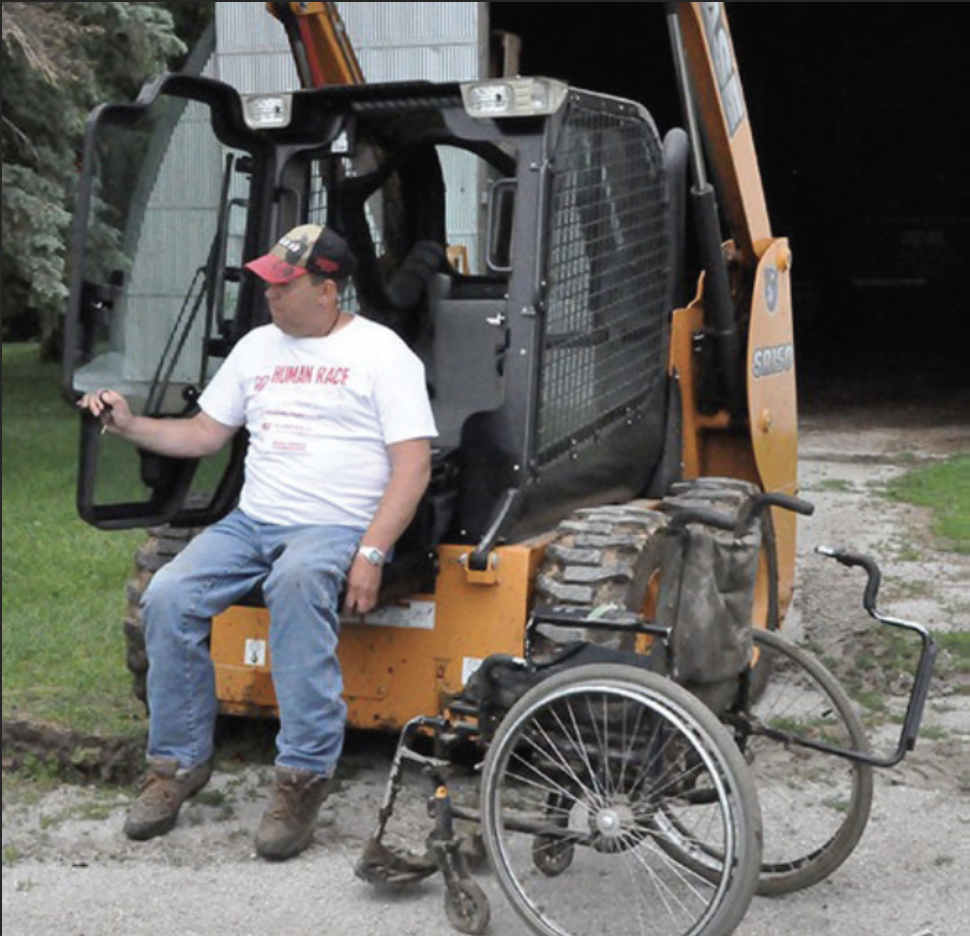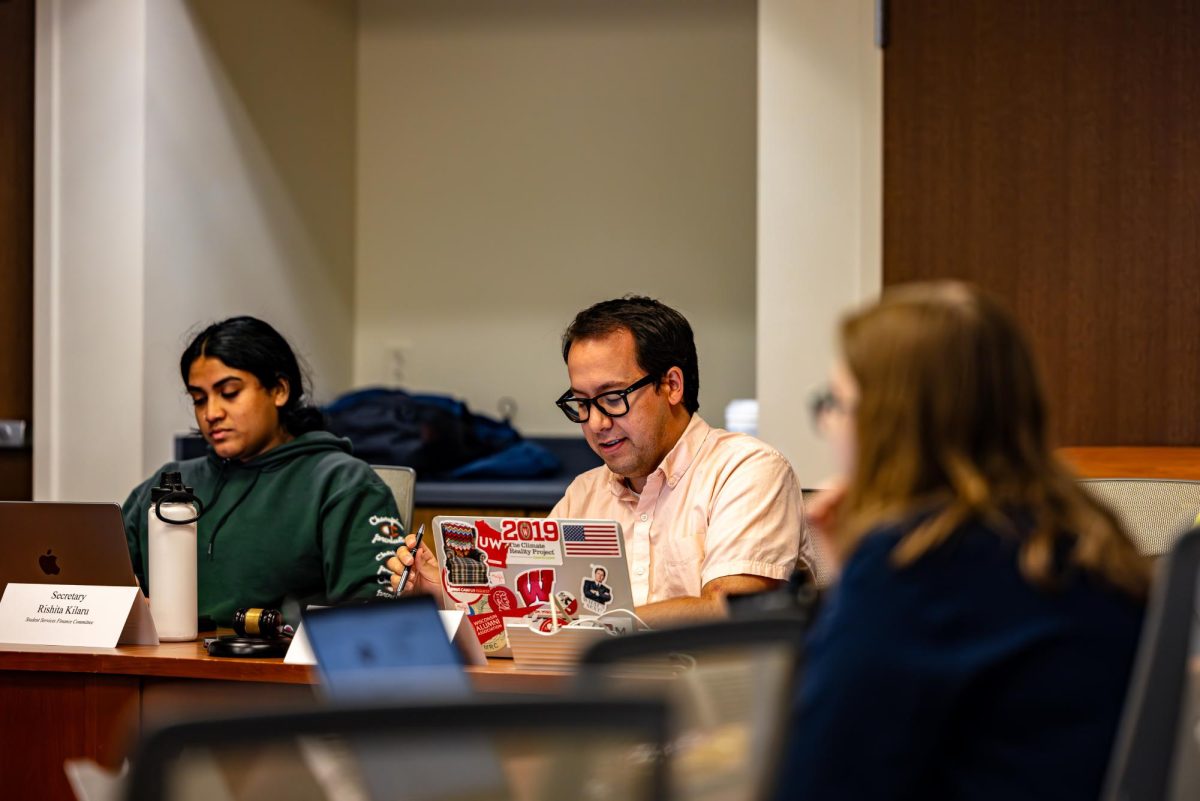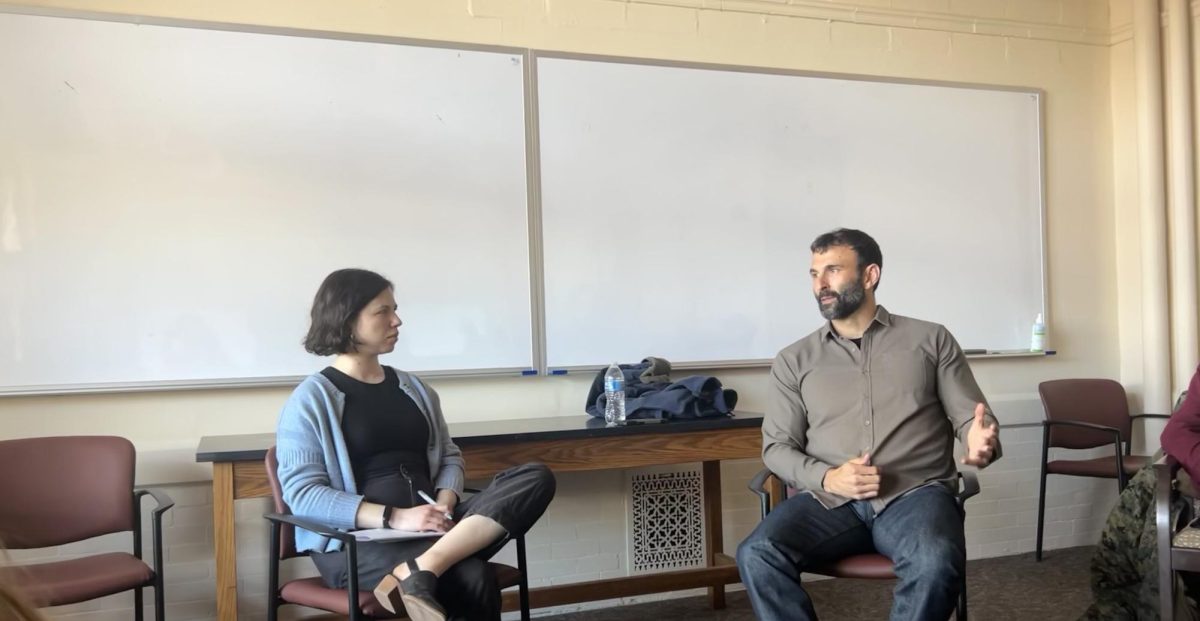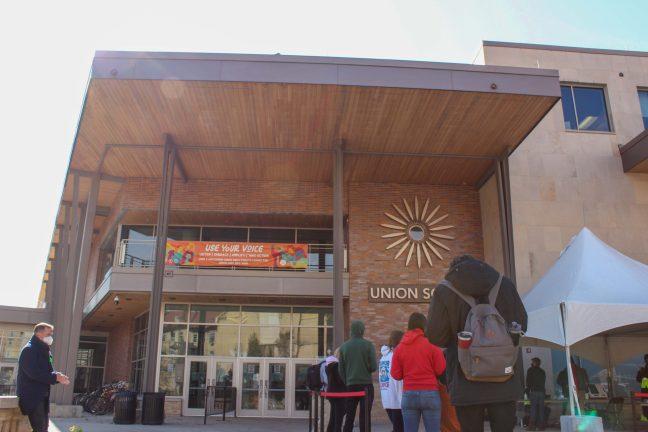Using her background in neurodegenerative disorders, University of Wisconsin medical physics professor Marina Emborg is working on developing strategies to prevent and repair damage caused by neurological diseases.
Recently awarded the 2016 Bernard Sanberg Memorial Award for Brain Repair, Emborg’s work in the field of neurodegenerative disorders, specifically Parkinson’s, has made her a recognized world leader in the field.
As a medical student at the University of Buenos Aires, Emborg dealt with patients suffering from neurodegenerative diseases. As she worked with them, she said it saddened her that she could do nothing to stop or reverse the damage to patients’ brains caused by various neurodegenerative disorders.
As cell therapy began to arise, Emborg grew interested in studying how cell-based treatment strategies could be used to repair brain damage, and how other strategies could prevent neurological diseases like Parkinson’s.
“This is what I wanted to understand,” Emborg said. “I got involved in Parkinson’s … to find solutions.”
Using noninvasive neuroimaging methods, Emborg’s lab has examined cell degeneration and the effect of therapeutic interventions. Emborg has been performing preclinical research on nonhuman primate models of Parkinson’s for almost 30 years.
Emborg said it has not been an easy process, but she said she has had excellent role models in her field and wonderful graduate students who have helped her in her work.
Embargo hopes her work can determine how to prevent Parkinson’s disease by understanding when the degeneration process of the cells in the brain occurs and how.
Emborg said she also hopes to someday understand how to repair brain damage caused by neurological diseases. If one neurodegenerative disorder like Parkinson’s can be understood, Emborg said understanding can be translated to other neurodegenerative diseases.
“If we can improve how we understand and evaluate [Parkinson’s], we can translate it to other disorders,” Emborg said. “I think that is critical.”







